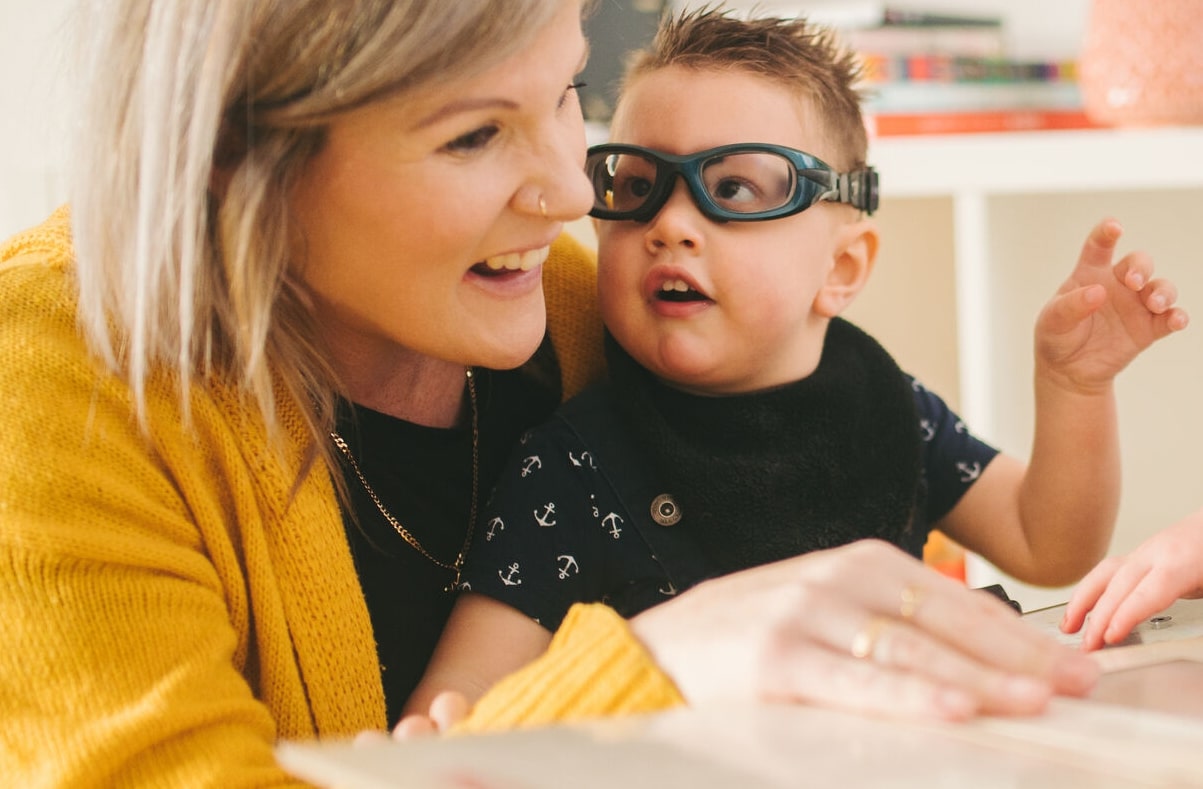On this page
Disability inclusion as a protective factor (3.1 MB, PDF)
Understanding the risks
Children and young people with developmental delay or disability may face challenges across areas such as their physical health, mental health and ability to learn, or they may face difficulties when trying to do things their same-aged peers can do. As well, they may live with more than one condition or disability, in some cases throughout their life.
These challenges can affect the child or young person, their family and the community that supports them, and have the effect of reducing wellbeing.
Be You provides tools to notice, inquire about and provide support for children and young people. These tools include the BETLS Observation Tool and the Early Support domain of the Be You Professional Learning.
Inclusion is a protective factor
A sense of belonging, cultivated by inclusion, is a strong protective factor for the mental health of children and young people and their families.
All children and young people benefit from experiencing warm and responsive relationships and having opportunities to develop positive friendships.
Inclusive learning communities acknowledge that each child is unique.
Inclusive early learning services and schools see this diversity as an opportunity to learn, to grow and to implement changes that benefit the whole community.
For ideas and tips to start or continue fostering disability inclusion in your learning community, browse the Be You Disability Inclusion Guide.
Disability inclusion in learning communities
Each learning community’s journey of inclusion for children and young people with developmental delay or disability might look quite different to another’s.
There’s no one-size-fits-all recipe or checklist for creating an inclusive learning community.
Strategies for the whole learning community
The following suggestions are a useful place for educators to start when it comes to increasing skills and knowledge of inclusive practices.
- Aim to create a learning environment where children and young people of all abilities feel respected, safe, included and can participate in meaningful ways.
- Consider your image of the child or young person with a developmental delay or disability. Describe a child or young person by what they do, instead of by their restrictions, for example, “Georgia uses a wheelchair for mobility” instead of “Georgia is wheelchair bound”.
- Have high expectations and support the participation of children and young people with developmental delay or disability by tailoring tasks to their strengths and abilities.
- Draw on support from educator peers, families and the wider learning community, and collaborate with them to find and introduce strategies to promote inclusion and participation.
- Build relationships with families, and partner with them to support their child.
- At the broader community level, bust myths about disability and promote inclusive language.
Strategies for leaders
Leaders are not expected to be experts in inclusive practices, but they need to be committed to inclusion in the learning community.
Strategies for leaders include the following:
- Share your vision for inclusion as a leader, and help your team understand that everyone in the learning community thrives when a community is inclusive.
- Adopt a framework, for example Universal Design for Learning, which supports the intentional planning and design of inclusive practices that minimise barriers.
- Facilitate professional development so your team can learn or deepen their understanding of inclusion practices and principles, for example through offerings from organisations such as Children and Young People with Disability Australia (CYDA) or the Association for Children with a Disability (ACD).
- Access available resources and funding, including helping families get in touch with their NDIS Local Area Coordinator.
See the Raising Children website for more information on education rights for children with disability.
-
External links
Inclusive Educator Strategies, AllPlay
Learn NSW/ACT Inclusion Agency (2023), Understanding Inclusion
Statement on the inclusion of every child in early childhood education and care, Early Childhood Australia (ECA)
Spotlight on inclusive education, Australian Institute for Teaching and School Leadership (AITSL)
PWDA Language Guide: A guide to language about disability, People with Disability Australia


